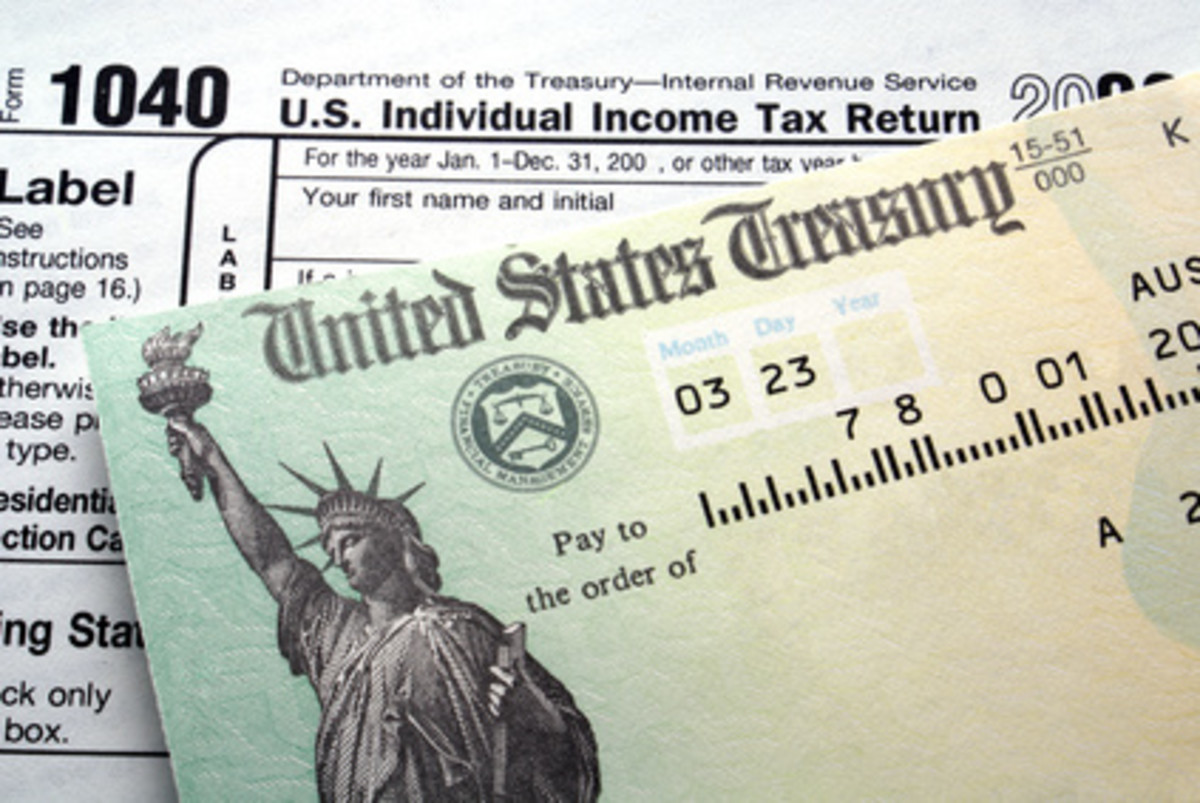- HubPages»
- Personal Finance»
- Tax & Taxes»
- Income Tax
The IRS Audit Manual: Appeals Process-Part 2
In Part 1, IRS Audit Manual: The IRS Appeal, I outline the appeal process in laymen’s terms for a small case appeal request of $25,000 or less. In this article, part 6 in a 10 part series, I am going to get technical.
An IRS audit is serious business no matter how minor the issues involved. Most audits are small and informal for the most part, many are nothing more than a few letters back and forth.
The audit examination process is an exercise in gathering, reviewing, and comparing information and documentation with the filed tax return. The process is straight forward. The real issues of an audit arrive when the IRS disagrees with your original tax return and assesses additional tax, interest, and penalties.
The appeals process is the first line of defense from proposed IRS changes. There are important dates to remember to preserve your rights. Small tax adjustments are handled with an informal appeal; large tax assessments, those over $25,000, require a formal protest.
How to Appeal a Decision
The IRS has an appeals process to keep disagreements out of Tax Court. If you do not reach a satisfactory resolution, you still have the right to have your case heard in court.
The Appeals Office is separate and independent from the IRS office that audited your tax return.
After an audit, the IRS will send you a determination letter with proposed changes. If you agree with all changes you sign the agreement page of the letter and pay the tax. Do NOT sign the agreement page if you intend to appeal.
You generally have 30 days to file an appeal from the date on the IRS letter offering your appeals rights. You must also inform the IRS if you agree with the proposed changes. If you do not appeal within the 30 day window, the IRS will assess the proposed changes and begin collection action.
Another important consideration: The IRS Appeals Office will not accept documentation to substantiate your claims. Provide the auditor with all documentation needed to complete the audit. The Appeals Office may review a small amount of documentation, but very little.
Small Case Appeals Request ($25,000 and Under)
Proposed changes $25,000 and under are best handled with an informal appeal. The amount of proposed changes include: tax, interest, and penalties. If the total amount of proposed change exceeds $25,000, you are required to file a formal protest.
You file a small case request in one of two ways:
- File Form 12203, Request for Appeals Review, or
- Submit a brief letter indicating changes you disagree with and that you request an appeal.
IRS Appeals
IRS Appeal Process

Formal Protest (More than $25,000)
First, a formal protest in appeals is different from tax protesting. Tax protestors claim they owe no tax on personal or moral ground. That leads to prison. Filing a formal protest of proposed changes with the IRS Appeals Office is okay.
If the amount you are appealing (tax, interest, and penalty) exceeds $25,000 for any tax period, you are required to file a formal protest. A formal protest must include all the following:
- Your name, address, and daytime phone number
- Tax period/s involved
- Copy of the IRS letter of proposed changes
- Statements that you wish to appeal the proposed changes to the Appeals Office
- List of proposed changes you disagree with and why
- Facts supporting your position
- Law/authority you are relying on
- The following statement:
“Under the penalties of perjury, I declare that I examined the facts stated in this protest, including any accompanying documents, and, to the best of my knowledge and belief, they are true, correct, and complete.”
- Signature and date
A formal protest will run pages. You should provide as much detail as possible.
What to Expect: The Appeals Conference
An appeal is really a request for an appeals conference. Once the Appeals Office receives your request, you will be contacted to set up a time for the conference.
Most appeals conferences are handled by phone or mail. You can request a face-to-face conference. Complex tax situations may require a face-to-face appeals conference.
Be prepared to discuss all disputed proposed changes at the appeals conference. Small case appeals usually take a phone call or two to resolve. Formal protests can take months, years in rare cases, to complete. The more complex the issues involved, the longer the appeal process will take.
Do not rush the appeal process. Take the time necessary to present your position. Do not delay the appeal process either. I think the best appeal situation moves forward at a steady and productive pace. Get the appeal filed, presented, and resolved.
Considerations
I enjoy working an appeal. The IRS audit process is really boring. Documents are gathered and presented. In appeals, I really get to shine and earn my keep. In appeals, I get to dig deep into tax law and interpretation and present my position. I enjoy it because I am good at it.
My personal opinion is that formal protests should be handled by a seasoned tax professional. Too much money is at stake and the IRS Appeals Office has a firm understanding of tax law you do not. A tax professional talks the same language the IRS does. Serious tax matters require a knowledgeable tax pro.
Small case requests are a coin toss. For minor issues and very small amounts, the cost of a tax professional outweighs any potential benefit. Still, if you have concerns, are nervous about talking taxes with the IRS, or the amount is meaningful to you, hire an attorney, CPA, or enrolled agent to represent you.







